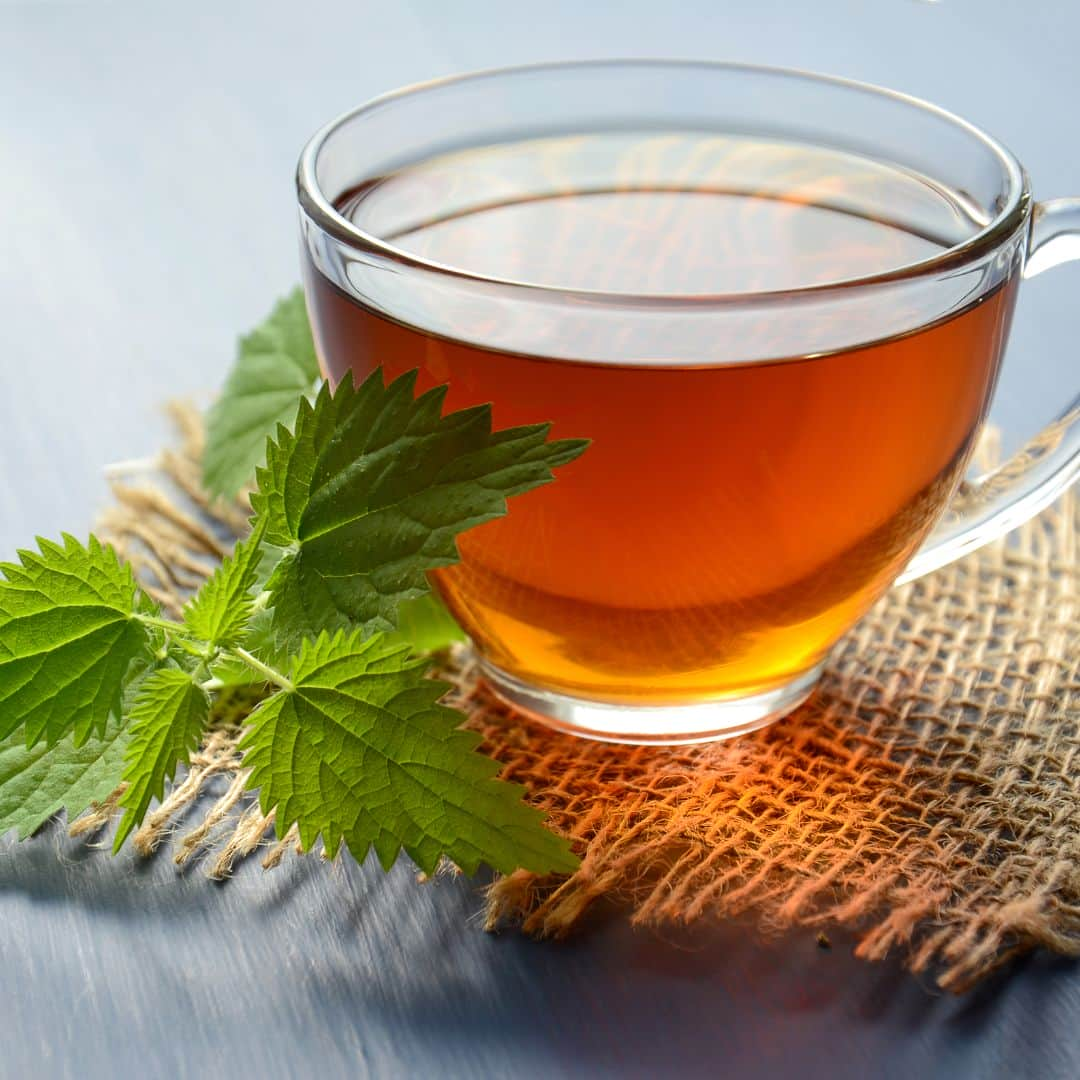Want to save 25%? Check out our Subscriptions!
Coffee and tea are beloved beverages worldwide, but they can significantly impact the absorption of various nutrients, including iron and collagen. Here’s a detailed explanation of how these popular drinks affect nutrient absorption and practical tips to optimize supplement intake.

